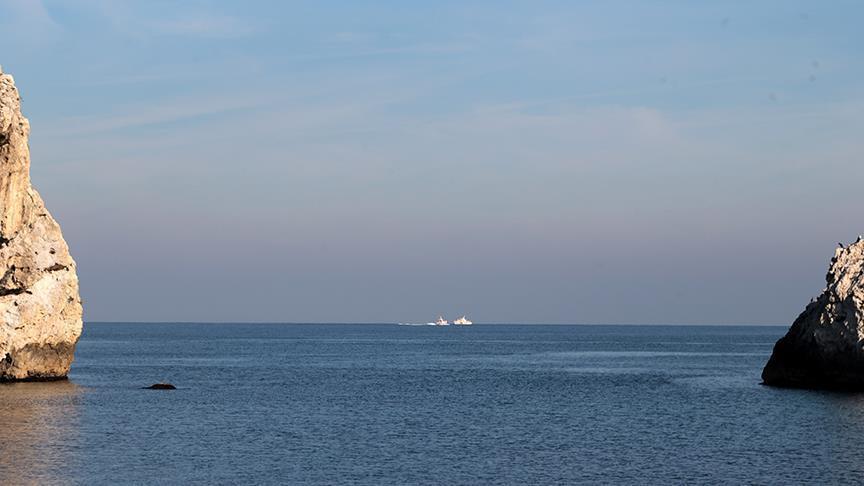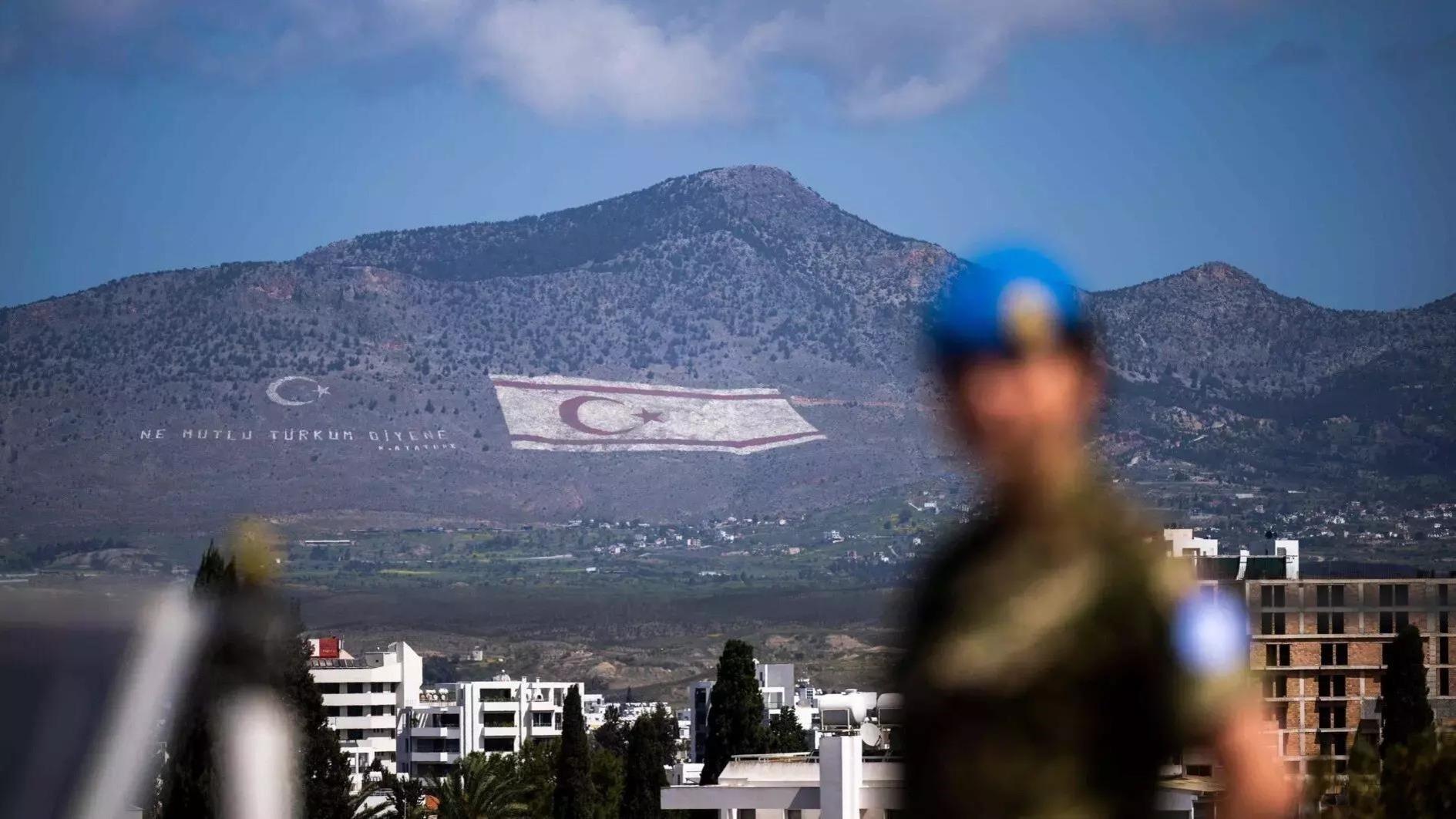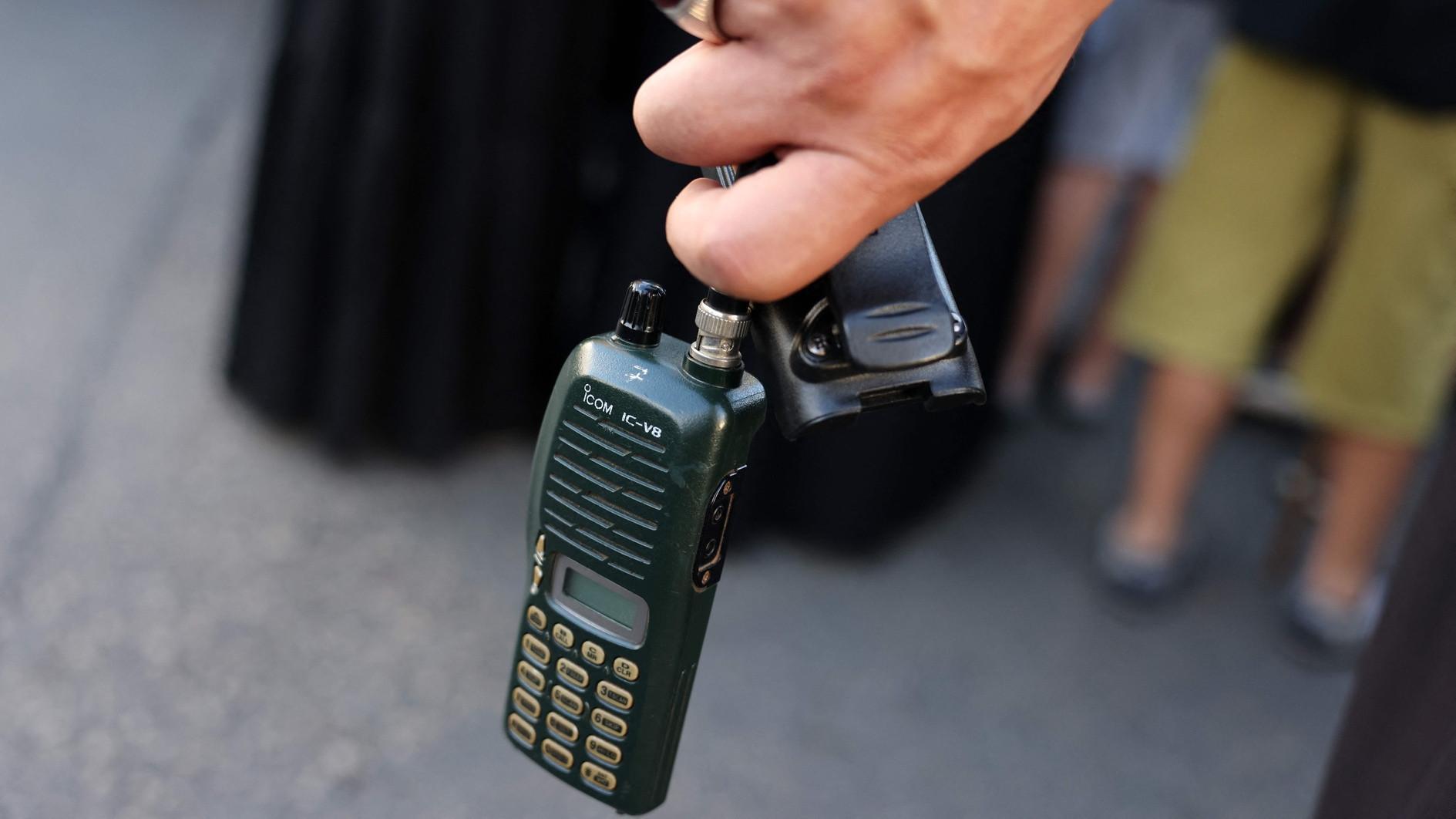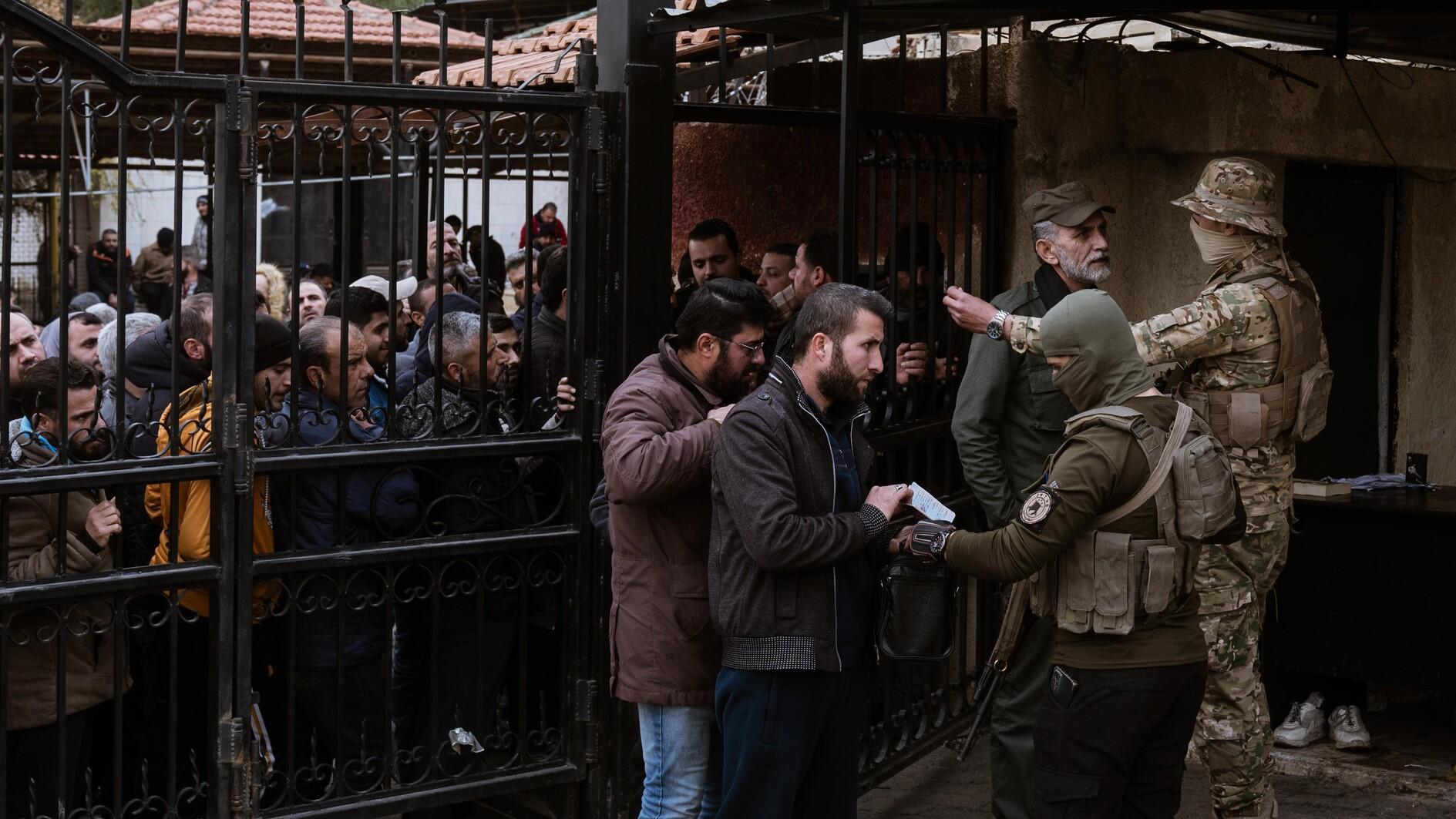UN frustrated by Iran, urges action
VIENNA
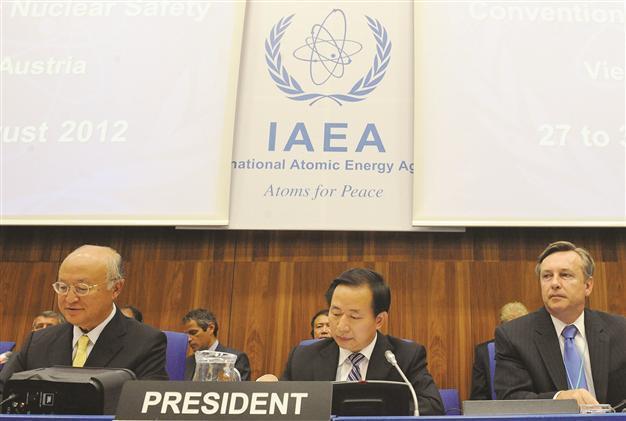
The UN’s nuclear agency’s head Yukiya Amano (L), President of National Nuclear Safety Administration, Li Ganjie (C) seen at a meeting of on Nuclear Safety in Vienna. EPA photo
The head of the U.N. atomic agency hit out yesterday at Iran’s refusal to address allegations of nuclear weapons research and called on Tehran to allow access to a suspected military site “without further delay.”“Despite the intensified dialogue between the Agency and Iran since January 2012, no concrete results have been achieved so far,” Yukiya Amano said at the start of an International Atomic Energy Agency (IAEA) board meeting, according to Agence France-Presse.
“This is frustrating because, without Iran’s full engagement, we will not be able to start the process to resolve all outstanding issues,” Amano said, according to the text of his speech released by the Vienna-based IAEA. Iran says its nuclear program is for peaceful electric power and medical purposes.
US ‘not setting deadlines’ for Iran, Clinton says
Amano also said activities at the Parchin military base near Tehran, where Iran is accused of having carried out weapons research, “will have an adverse impact on our ability to undertake effective verification there.” Amano’s comments came a day after the U.S. Secretary of State Hillary Clinton said on Sept. 9 that Washington was “not setting deadlines” for Iran and still considered negotiations “by far the best approach” to prevent Iran from developing nuclear weapons.
Asked if the Obama administration will lay out sharper “red lines” for Iran or state explicitly the consequences of failing to negotiate a deal with world powers by a certain date, Clinton told Bloomberg Radio, “We’re not setting deadlines.”
In the meantime, new details about Israel’s 2007 strike on a nuclear reactor in Syria have emerged in an article in the New Yorker magazine. Intelligence for the strike came from a raid by Mossad into Syrian Atomic Energy Commission head Ibrahim Othman’s home in Vienna, in which several dozen color photos from the inside of the suspected building were recovered. The photos provided evidence of both North Korean workers at the site and structural similarities with the North Korean reactor in Yongbyon, indicating that the building was indeed a plutonium reactor. Then-U.S. President George W. Bush did not think there was enough evidence to warrant a preemptive strike, so Israel opted to go it alone, according to the report.


